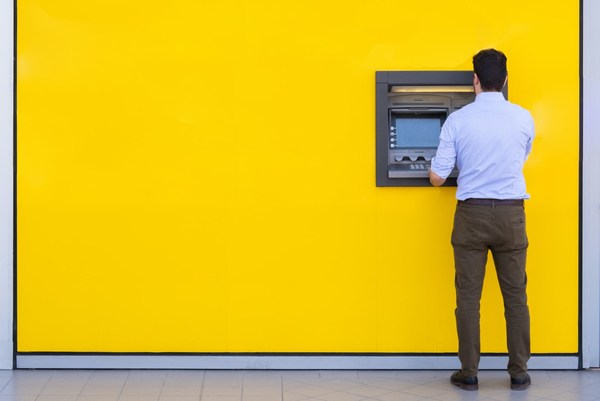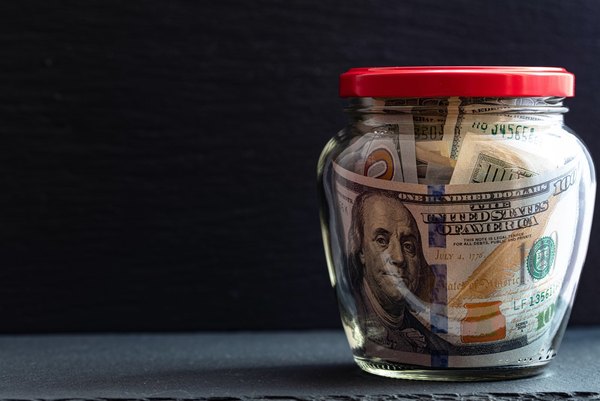With so much uncertainty right now, reviewing your budget and considering ways to set aside funds for an emergency fund can be a helpful step toward financial preparedness.
As the coronavirus has spread globally, many people have seen changes in their financial situation. Businesses have closed or reduced operations, more people are working from home or applying for unemployment, and household budgets may need closer attention than before.
Budgeting can play an important role during times like these. When you sit down to budget, start by reviewing your current income and assets, which may look different if you or your household have been affected by COVID-19. If income has changed, adjusting your baseline can help you better understand how your budget may need to shift compared to previous years.
Below are several ways to approach saving more and spending less during uncertain times, depending on your circumstances.
Take a Fresh Look at Your Expenses
Begin by categorizing your expenses so you have a clear picture of where your money is going. Start with fixed expenses, which often include housing, groceries, transportation, and other recurring monthly costs.
Next, review your variable expenses, such as clothing, hobbies, and recreational spending. Seeing how much you typically spend in these categories may help identify areas where adjustments could be made, particularly for non-essential items.
Finally, list irregular expenses—costs that don’t occur monthly, such as insurance premiums or property taxes. Including these in your budget can help you plan ahead for when they’re due.
Tip: If you primarily use credit or debit cards, a free tool like the Mint App can help you track and categorize spending.
Save and Invest More Money During Quarantine
If staying home has reduced certain expenses—such as dining out or entertainment—you may want to consider redirecting that money toward savings or investments, depending on your financial goals and risk tolerance. With many non-essential businesses closed or limited, some households are naturally spending less in certain categories.
If you haven’t already reviewed discretionary spending, this period may offer an opportunity to do so. Even small reductions can add up over time.
You might also look at services you currently outsource. Temporarily pausing services like lawn care or laundry, if feasible, could free up additional funds. The goal is to identify expenses that can be reduced or delayed and reallocate that money toward savings or other priorities.
Make Fiscally Smart Decisions During Quarantine
If you have large purchases or plans scheduled for later in the year, you may want to reassess whether postponing them makes sense for your situation. While delaying plans isn’t always easy, prioritizing cash reserves can provide flexibility during uncertain times.
If cash flow becomes tighter, it may help to explore ways to manage existing debt. Government stimulus packages and various relief programs may be available, depending on eligibility. Reviewing these options can help you understand what support may apply to your situation.
When spending money, being intentional can help reduce financial strain. If you shop online, you might consider using cash-back programs. If using credit cards, keeping track of interest charges is important, as credit card debt can accumulate more easily during periods of unplanned or frequent spending.
Budgetary Constraints During Lockdown Are Often Temporary
One way to trim your budget is to reassess which expenses are truly essential. Items like cable or multiple streaming subscriptions may feel necessary but could be reconsidered if finances are tight.
It may also be worth reaching out to service providers to ask about temporary adjustments or hardship options. Some companies have become more flexible during this period, though outcomes vary.
Even without having every answer, creating or updating a budget can be a useful starting point. As circumstances change, your budget can be adjusted to reflect new priorities or income levels.






